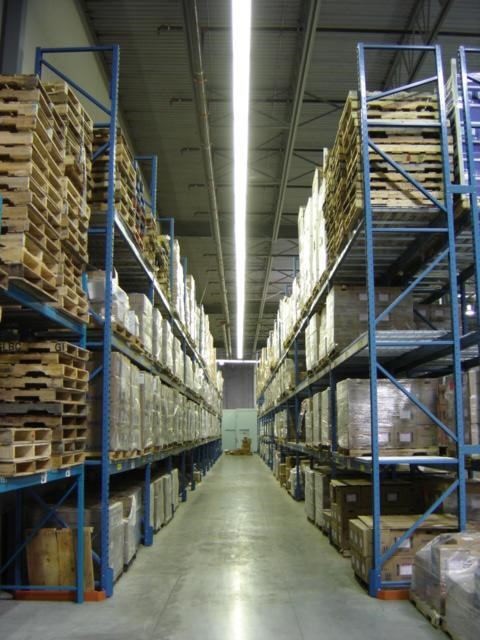Who does not want to be liked in real life? Every one does. But have you ever wondered how a Facebook like could possibly benefit you? Here are 8 reasons why you should get more likes on Facebook:
Affinity Expression.
Just like the opt-in feature in emails, a like expresses casual affinity that shows a persons interest in your product. More than that, it leads to a more personal relationship between customers and businesses.
Degree and Level of Engagement. Serial likers, according to Facebook are the more engaging, active and connected members as compared to the typical user.
Email Marketing Ability. Once you get the public to like your page, you can use messaging features in your pages administrative console. There, you can send emails to all of your fans based on demographics like gender, age and location. This way, you continue to be on be engaged with your customers.
Syndication of Content. A post in your Facebook has the potential of appearing in your fans news feeds and this can go viral if seen by other friends who got to like your content. Although this is not a 100% assured tactic, it is clear that your post will eventually be notice by the friends of your fans. Remember that on the average, a Facebook user has 130 friends who may like the post once it is published. Widespread viral syndication indeed means more traffic to your site.
Driving Traffic to Site. Every time a visitor clicks the Like button, information about your website is shared with his friend via the news feed. In turn, you gain more traffic. The Like button is easy to use, only involving a code to be embedded on a site.
Be a Part of the Facebook Graph. When someone likes your page, it automatically appears in the search options and if it is a brand or a service, it also shows up on the profile page of your user.
An Effective Way of Advertising. The advertising platform of Facebook accounts for all like activities where merchants can access these data to make better targeted ads. In turn, business folks can have a greater degree of relevance with their ads.
Likes Equal Insights. For every Facebook page, there is an equivalent analytics component, Insights where one can be provided with detailed data on fan activity as well as demographics.
Can a Like cost you something?
Gigaom, a tech blog has reported that Syncapse, a social media management company asked 4,000 fans of 20 brands why they were fans. The fans purchase activity were also analyzed and it was determined that the value of a fan is pegged at $136.38.
Other significant findings also included:
Fans, on the average consume an excess of $71.84, a far cry from the amount they would have to spend if they were not fans.
There exists a 28% likelihood of continued use of a specific brand among fans versus non-fans.
Fans are 28% likely to recommend a product than non-fans.
Another finding suggested by Eventbrite, an event marketing company shows that Facebook was its top referral site beating Google. Each time a consumer shared an item with friends on Facebook, it meant 11 visits back to their site. This meant $2.52/share in ticket sales.
Given all these, do the same benefits apply to smaller ecommerce merchants?
The unfortunate answer is a no. As the survey of Practical Ecommerce revealed, majority at 77.1% received less than 5% of sales coming from social media; 13% projected a 5-10% of their sales coming from social media.
To wrap up, the effects of social media networks particularly Facebook is not the only gauge of future performance. However, with Facebook here to stay, it is a sound idea to use the site as leverage for gaining % of the sales. For more visithttp://bancheap.com/



